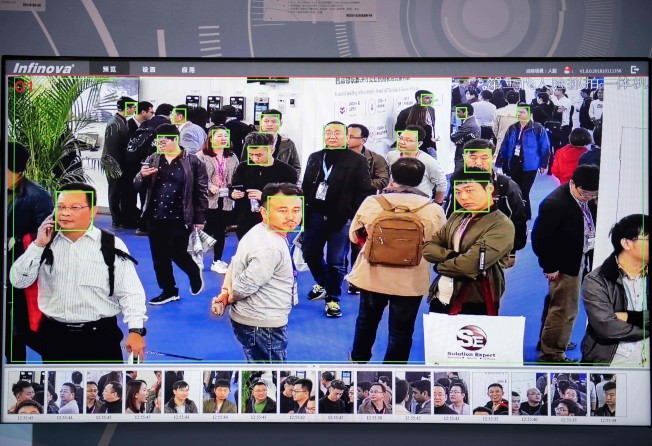China’s first facial-recognition lawsuit comes to an end with new ruling and new questions about the fate of individuals’ data
- State media said that people can now ‘bravely say no to facial recognition’
- The court did not examine whether the Hangzhou Safari Park could continue to refuse customers entry if they do not provide facial data

A court in Hangzhou made its final judgment in China’s first-ever lawsuit over the use of facial recognition after both parties filed for appeal, upholding its original judgment and ordering additional data to be deleted.
In late 2019, Hangzhou Safari Park replaced its fingerprint-based admission system with one that uses facial recognition, telling customers that they would be refused entry if they did not use the new system.
Print option is available for subscribers only.
SUBSCRIBE NOW